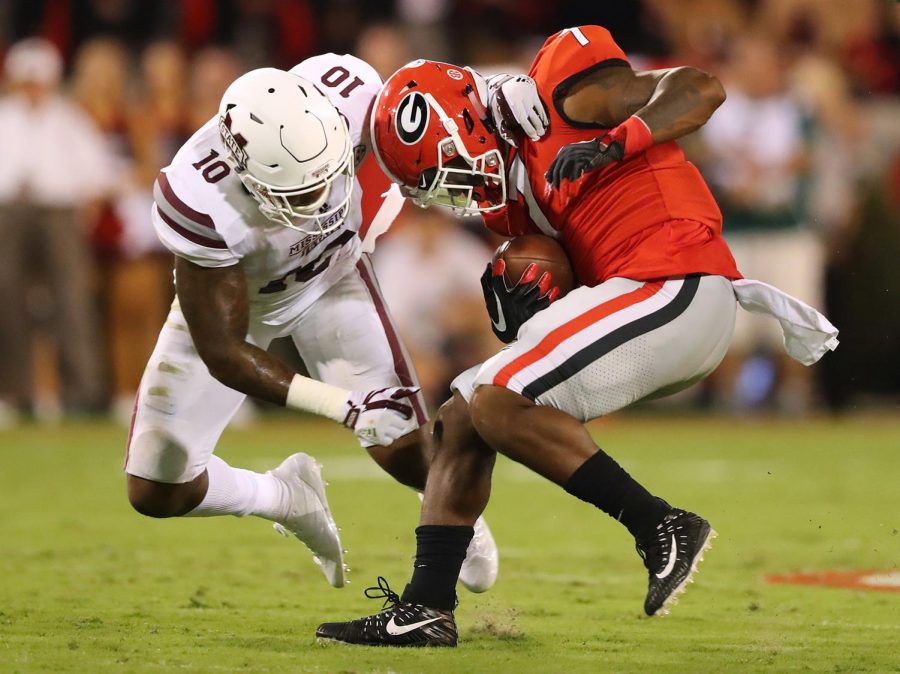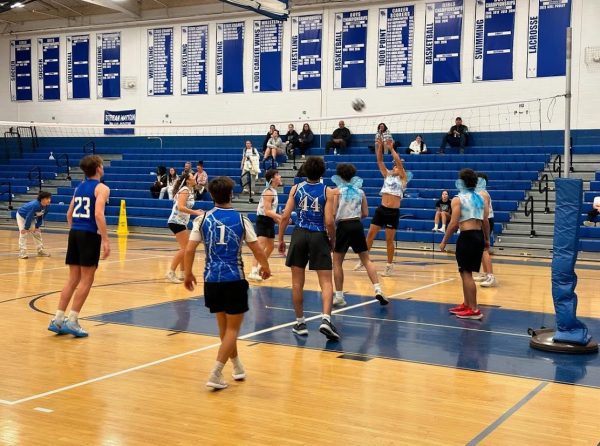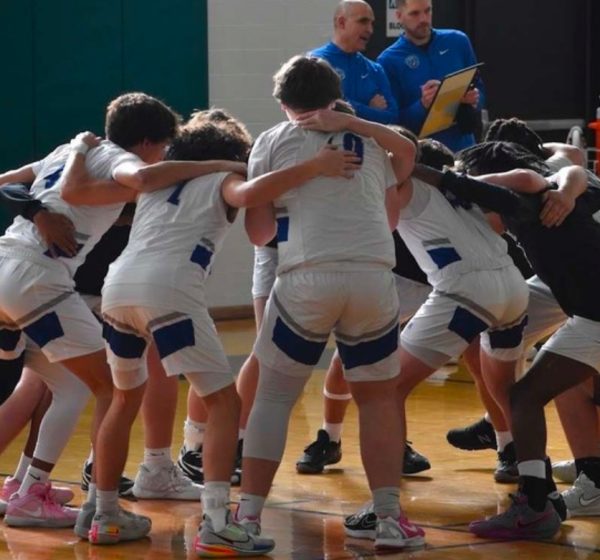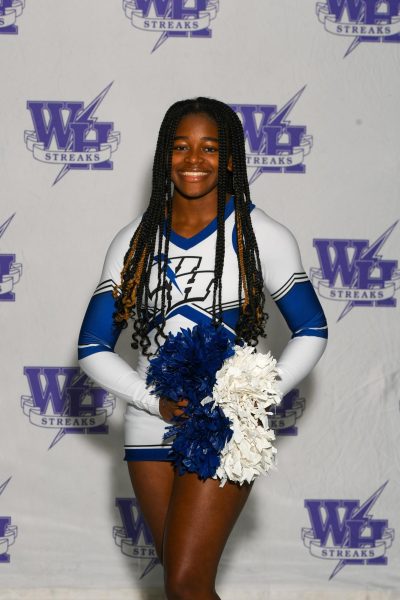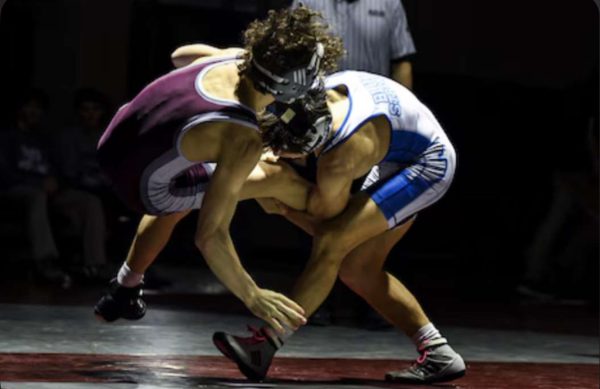NCAA: Exposed
Thousands of teenagers every year enter a system in which the revenue exceeds a billion dollars, and they do not get a cent of this profit. This abusive system is run by an organization called the NCAA, and its corruption and flaws have ruined the lives of many and exploited hundreds of thousands of innocent families who were merely seeking a better life for themselves.
This narrative has only continued to grow as the NCAA casts a blind eye to colleges and universities and their athletic boosters who bribe athletes under the table to come to their schools to bring them a championship. Often, it’s not until an anonymous informant reports these activities to the NCAA, sometimes just for an edge against a rival, knowing that once this content goes public, the NCAA must investigate these accusations.
This leaves athletes exposed because unscrupulous boosters exploited them during the recruiting process, potentially hindering their chances at a professional career in their sport.
Many have spoken out on the corruption and abuse present in the NCAA, including HBO’s Ballers, starring former Miami Hurricane football player Dwayne “The Rock” Johnson, in the latest season of the show.
In that season, Johnson’s character, Spencer, starts a campaign against the NCAA for their crimes and exploitation of teenagers just trying to be the best in their sport.
Around the same time that this season was rolling out, SB Nation’s Steven Godfrey had finished up his documentary and fact-digging of the Ole Miss and Mississippi State scandal that involved paying their players, mainly from extremely impoverished Mississippi towns, to come to their schools to play football.
Although many players were exposed for taking bribes under the table to go to these powerhouse programs, it was quite clear that these players had already been working hard enough their whole lives and deserved to be compensated with more than just free education and a bed.
The whole world knows that most of these top tier athletes are just playing college as their gateway to the professional careers. They care very little for the education that they are receiving and the coaching staff knows it. Tutors are often assigned to go to their classes for them in many cases and athletes will hardly ever attend class.
Former Ohio State quarterback Cardale Jones said it best when he tweeted, “Why should we have to go to class if we came here to play FOOTBALL, we ain’t come here to play SCHOOL, classes are POINTLESS.”
Even Atlanta area rapper, 2 Chainz, has spoken out with his song titled “NCAA” on his most recent album, Rap or Go to the League.
In the chorus, he sings, “N-C-double A, yeah, We the young and dangerous, yeah, We be ballin’ hard, yeah, I just want some paper, yeah.”
In basketball, alternative routes have begun to be established, as the professional game is more widespread than football. Players play overseas, rather than going to college for only one season and not even going to classes in some cases.
Recently, the NBA’s developmental league, the G-League, has created a path within the United States where players can be paid straight out of high school, sort of like LaVar Ball’s Junior Basketball Association, except with more money involved for the players. This contract will be offered beginning next season.
While strides are being made to move athletes to systems where they can be paid, the appeal of playing for schools that will be consistently televised nationally, like Alabama in football or Duke in basketball, will always be present. Thus, the corruption that comes with becoming an NCAA athlete will persist until a rule is passed allowing athletes to be paid a portion of the billions of dollars grossed each year by the NCAA.

